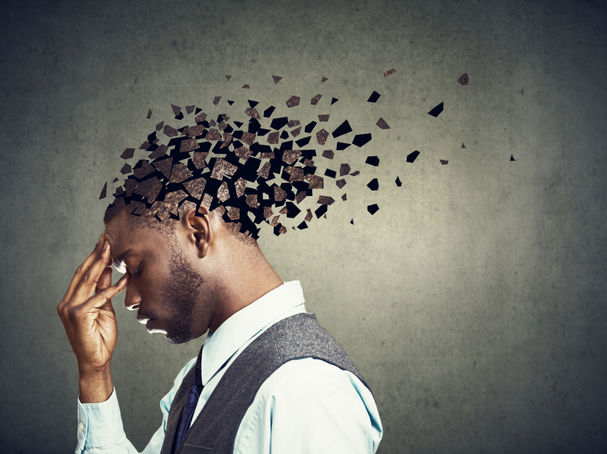


take images of your brain to look for damage.take a blood test to check for infection or vitamin deficiencies.Your doctor will talk to you and examine you. If you or someone you know are struggling to remember things like close family members' names, or if you can't retain new information, it's important to see your doctor.Īnd if you have any memory loss at all after a head injury or a suspected concussion, you should see your doctor. after losing the supply of oxygen to the brain, such as with a heart attack or heart surgery.a type of epilepsy (transient epileptic amnesia).psychological conditions, such as anxiety or depression.tumours in the area of the brain that control memoryĪmnesia can also be caused by issues that affect the whole brain, such as:.Amnesia has no known cure, although approaches for improving memory. It can be caused by damage to the parts of the brain that are important for memory. Amnesia can last a lifetime, unlike a brief bout of memory loss (transient global amnesia). patient showing a considerably greater amnesia for his schizophrenic behavior than for his concurrent normal behavior in the period prior to treatment. There is a long list of conditions that can cause amnesia. At the Center for Memory Disorders and Conditions of Older Adults, physicians work with Tufts MC geriatric specialists treat patients at the earliest stages. It is usually temporary, but can be permanent in some situations. It is often a symptom of another condition. People who have amnesia might also be confused and have trouble learning anything new.īut most people with amnesia still remember who they are, and can often remember events from their childhood.Īmnesia is not a medical condition on its own, but a description of an experience. People with amnesia can struggle to form new memories or remember recent events or experiences.


 0 kommentar(er)
0 kommentar(er)
